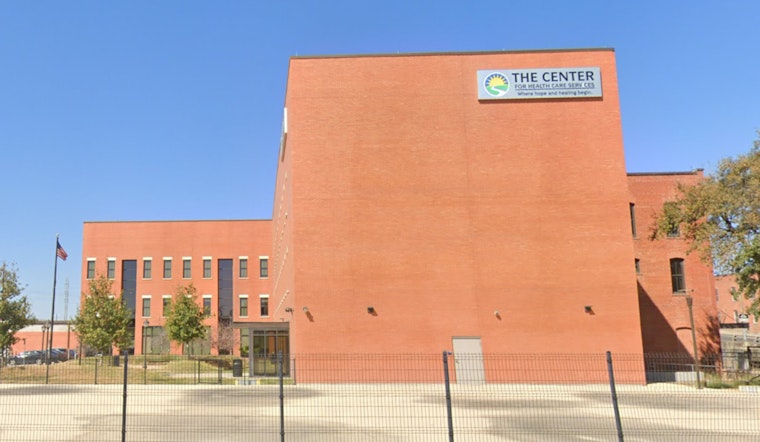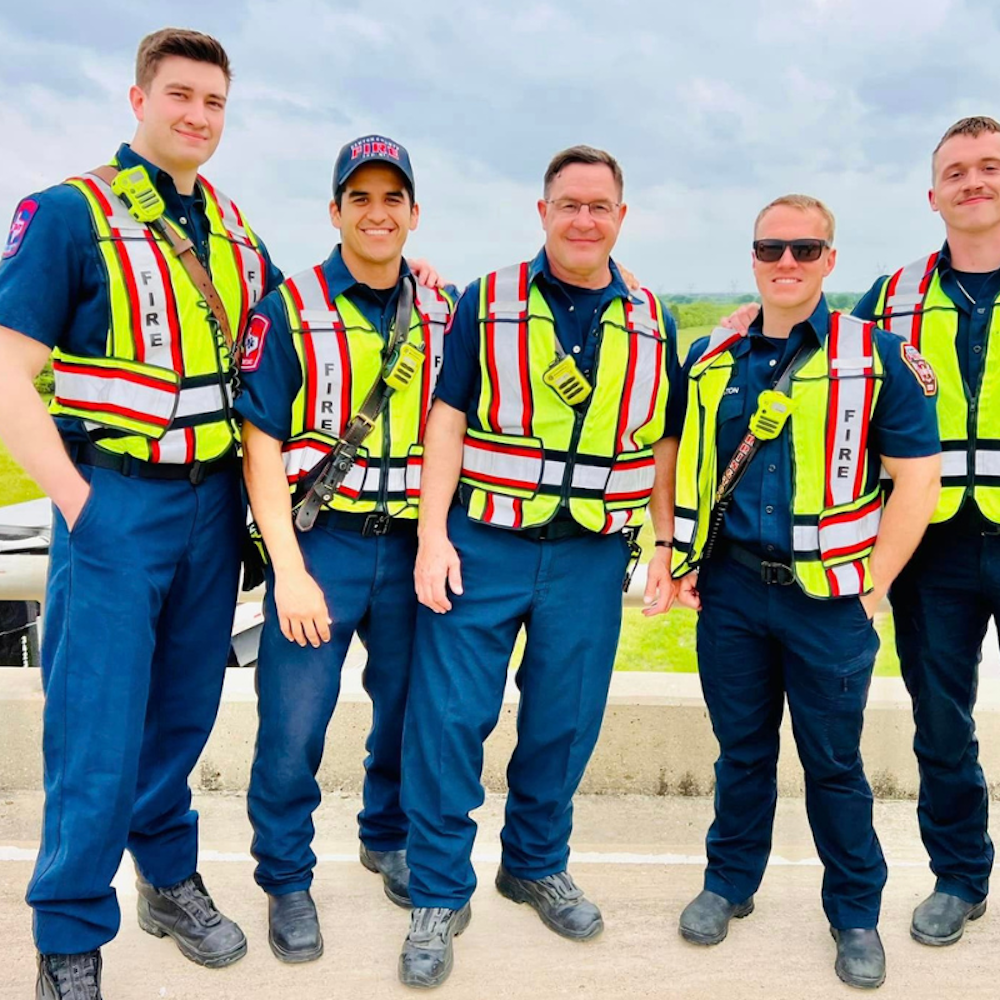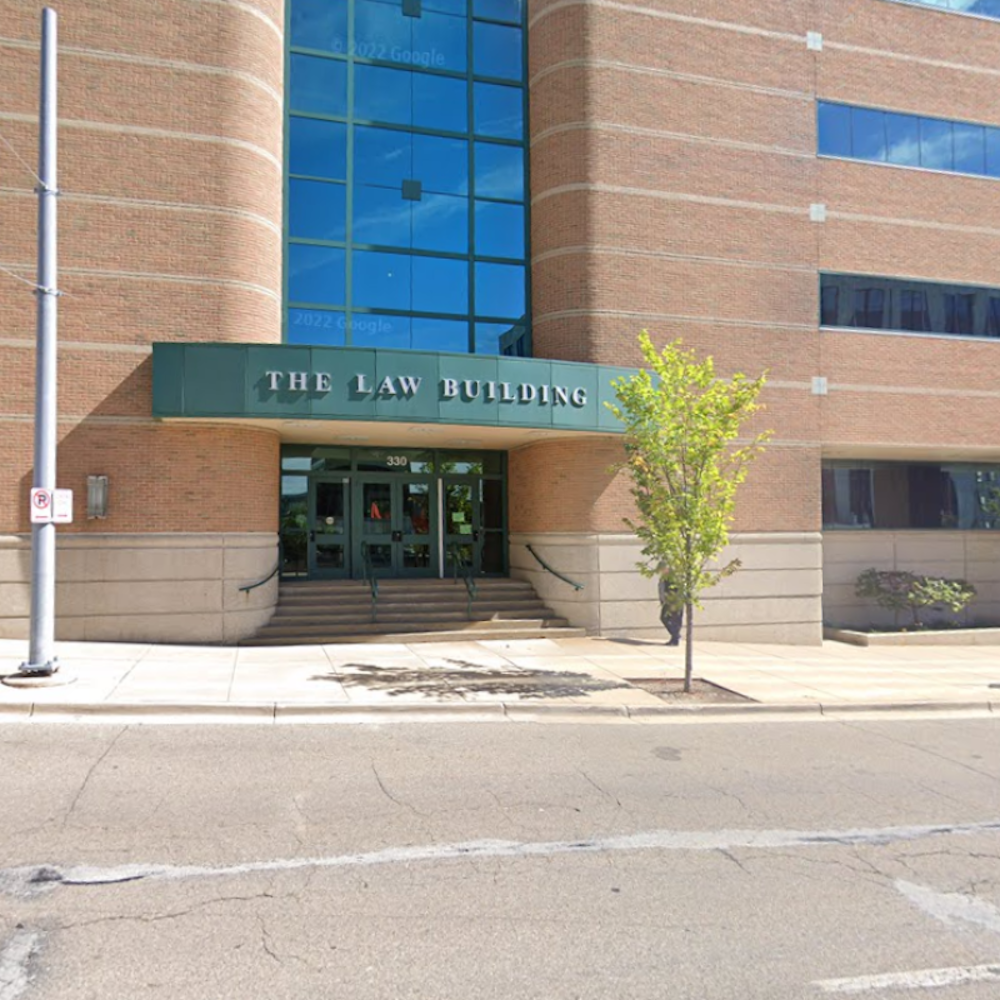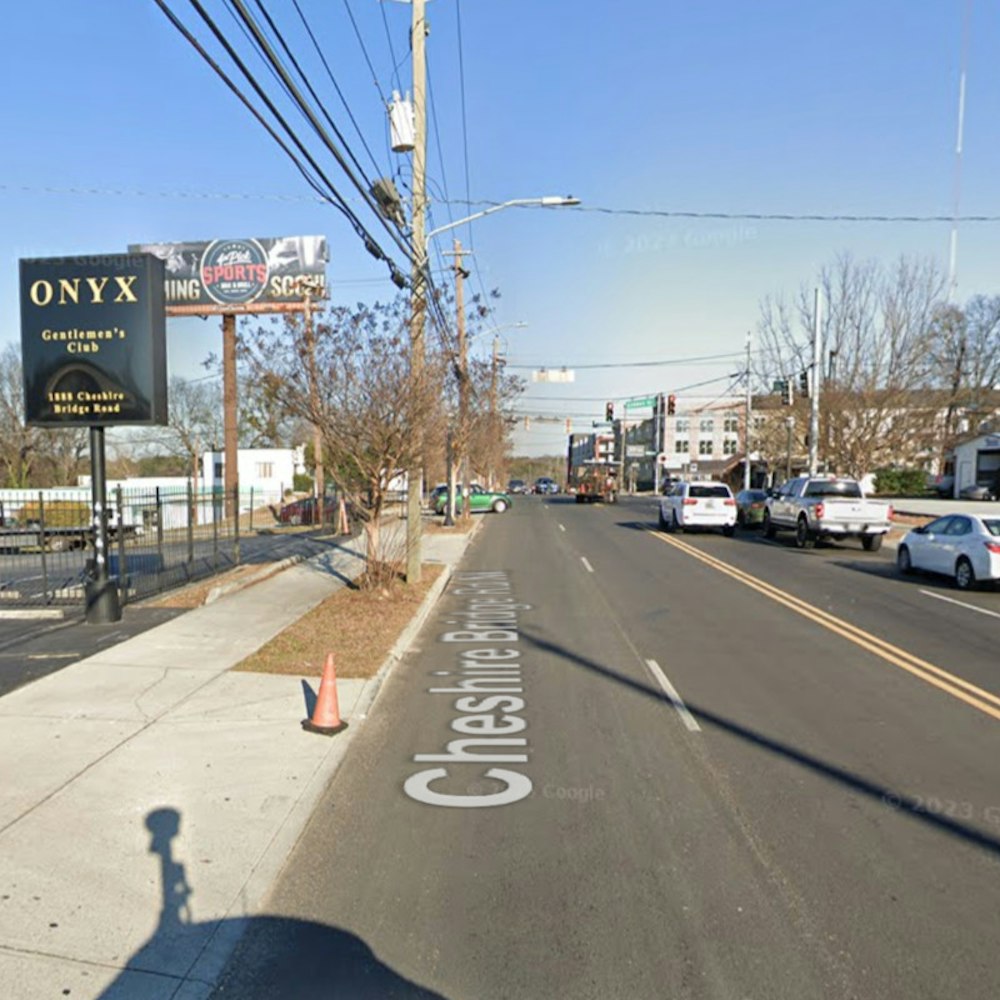
In an effort to curb the devastating effects of infant drug addiction and provide support to vulnerable mothers in Texas, local initiatives are offering a glimmer of hope. At the heart of these efforts is the San Antonio-based Center for Health Care Services (CHCS), which has launched an intensive program specifically targeted at mothers grappling with opioid addiction. The initiative comes as a response to alarming research from Bexar County, indicating Texas as one the states with the highest rates of babies born addicted to drugs.
The CHCS project, as reported by FOX San Antonio, offers both residential and outpatient care for pregnant women, those with young children, and those seeking to reunify with children in the custody of Texas Department of Family and Protective Services. The city of San Antonio's recent initiative to expand the availability of Narcan and utilize opioid settlement funds bolsters these efforts. Cynthia Dandridge, a former addict and now an LCDC supervisor at the center underscored the value of the program, stating, "They said things will get better and they told me there's hope we are here for you."
Another beacon for expectant and new mothers battling substance abuse is Casa Mía, a rare program highlighted in a NPR feature. Casa Mía provides housing and a supportive environment for addiction and mental health treatment. One user of the program, identified only as L for her protection, credited Casa Mía with her ability to escape an abusive relationship and substance use disorder while pregnant. "Oh, both my kids would've been taken away permanently — for sure," she told NPR , contemplating what could have happened had she not found the program.
At the core of Casa Mía's philosophy, according to founder Lisa Cleveland, is the idea that "Mamas and babies go together." Recognizing the two-pack nature of mother and child, the program fosters a nurturing atmosphere for recovery, replete with baby swings for newborns experiencing withdrawal symptoms. Yet, the demand for such specialized care far outstrips the supply, with Cleveland's initiative facing a long waiting list and funded by Texas Health and Human Services.
The state has taken steps to address these issues, including extending Medicaid benefits to postpartum mothers for a year after childbirth. However, experts and advocates assert more progress is needed. As the U.S. spends near half-billion dollars annually on treating babies with neonatal abstinence syndrome, the majority of these infants still lack proper care. The efforts in Texas reflect a challenging national landscape for pregnant women struggling with substance use disorders, where criminalization often overshadows treatment and support.









